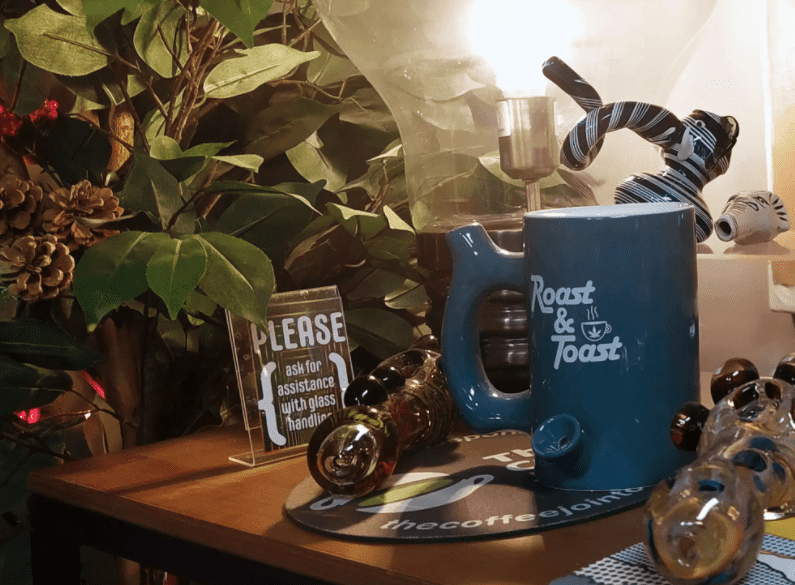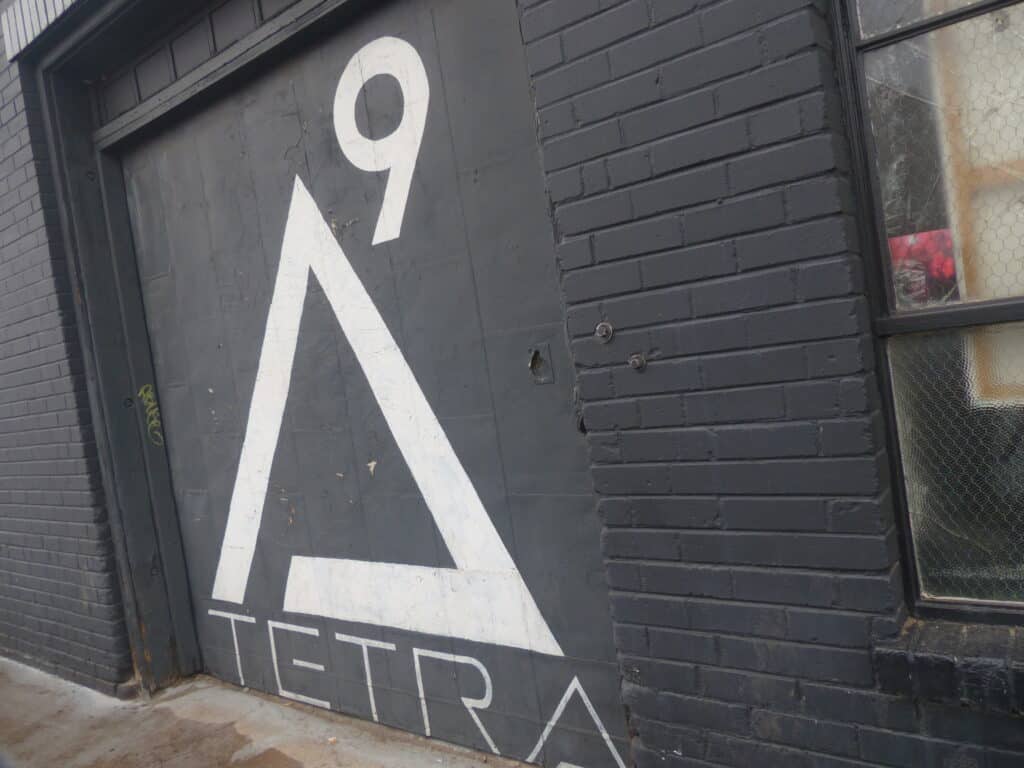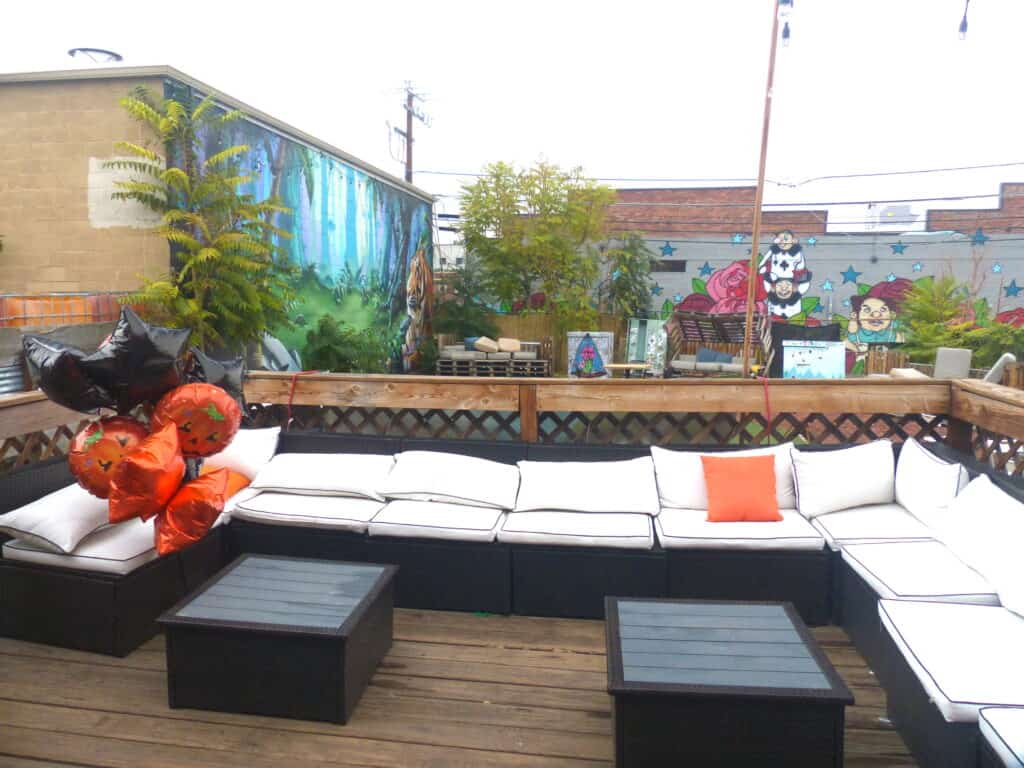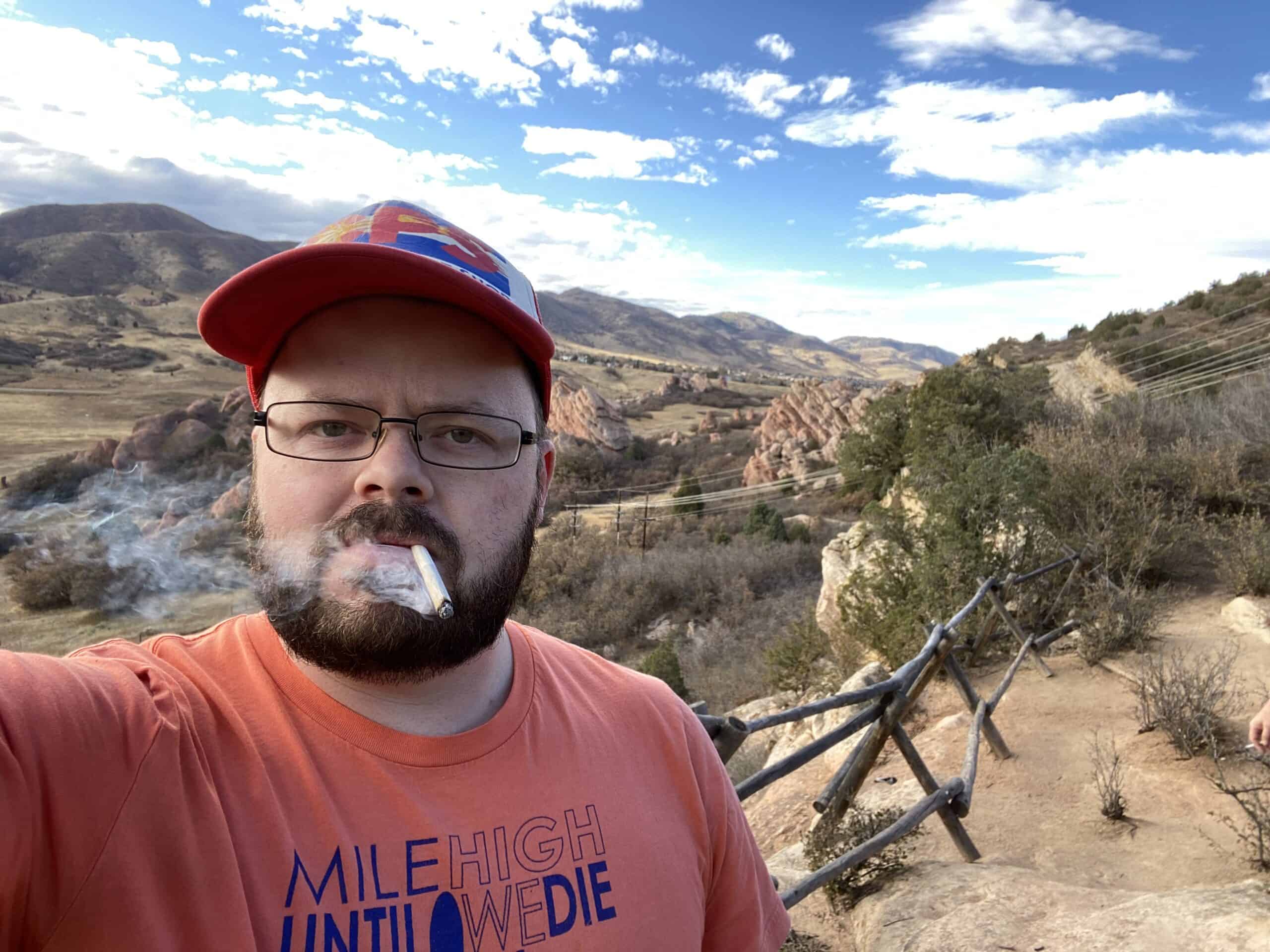In an industrial corner of Denver, sandwiched between a scrapyard and Interstate 25, lies a strangely unique business. The Coffee Joint is easy to miss – you probably wouldn’t find yourself walking past, and motorists speeding by on the interstate would be unlikely to spot it. But this unassuming storefront is home to the first, and last, cannabis consumption lounge licensed under the city’s voter-backed Initiative 300.
In 2012, voters in Colorado approved Amendment 64 by a decisive majority, legalizing adult-use cannabis in the state. The measure’s intent, and the shorthand language used by proponents, was to “regulate marijuana like alcohol.” But that didn’t exactly happen.
On January 1, 2014, the first legal sale of adult-use cannabis took place in Denver. Colorado has since seen the market boom, with over $2 billion in cannabis sales in 2020. But despite the thousands of tourists flocking to the state to buy legal cannabis, a social use model remained elusive because the law didn’t legalize “open and public” consumption. Unlicensed, members-only social clubs and cannabis tour buses rose to fill the void, but Denver police were never far behind, shuttering any that gained notoriety.
In 2016, advocates took the question directly to voters, placing Initiative 300 on city ballots. Following a failed attempt the year prior, the initiative offered a straightforward proposal: Allow businesses to acquire social consumption licenses. The license would still be beholden to state law, meaning no onsite sales, but would allow patrons to legally consume cannabis in a social setting.
“Voters spoke on election night in 2016 that they wanted cannabis consumption to be regulated and to be in places that were familiar to them, like bars and restaurants and concert venues and art galleries and community events,” says Emmett Reistroffer, one of the initiative’s principal backers. The rules for the social use program were crafted by a committee of business leaders, community advocates, and law enforcement representatives, as well as the leader or the initiative’s primary opposition.
“The advisory committee and the city officials unfortunately put a layer of rules on top of the voter-passed initiative that really made the program unworkable,” says Reistroffer, who was also appointed to the committee.
Before the committee could even convene, the state department of revenue issued a rule barring businesses holding liquor licenses from allowing cannabis consumption, effectively killing Reistroffer’s vision of puffing joints in the designated smoking areas of bars, restaurants, and music venues. Then the committee ruled that consumption venues had to be at least 1000 feet away from schools, childcare facilities, addiction treatment facilities, and city recreation centers. (By contrast, the only requirement of bars in the city is that they be 500 feet from any school.) As the final nail in the coffin, state clean indoor air laws prevented indoor combustion.
Denver cannabis lounges are few and far between
When the license was unveiled in 2017, few entrepreneurs saw a path to profit through the tangle of state and municipal requirements. In a city that is already 70% zoned residential, the 1000-foot buffer zones were certainly part of the problem. But the restrictions on onsite sales and smoking were arguably worse. “Non-profitability was the biggest issue,” says Rita Tsalyuk, CEO of The Coffee Joint and the dispensary it shares an entrance with. “Setbacks were secondary to that.”

In the end, only three of the licenses were ever issued; of those, only one now remains. “I felt very encumbered, and I felt like the final rules reflected more what the opponents wanted and not what the average Denver voter wanted,” reflects Reistroffer.
“Our establishment is the biggest win of initiative 300,” says Tsalyuk, who sees the space as a valuable PR tool, a place to convene like-minded individuals and educate the uninformed, and perhaps as a tourist oddity. “It works for us, but it’s not a money maker,” she says.
To enter The Coffee joint, guests must pay five dollars or buy something from the dispensary next door. Once inside, visitors can utilize a number of electronic dab nails, consume their edibles, or purchase vaporizers and other accessories. There is no smoking.
Prior to the pandemic, The Coffee Joint served as an event space for the cannabis-minded, sometimes drawing crowds as large as 200 on special days like 4/20. Fewer people come in these days (the business remained closed for an entire year during the height of pre-vaccine lockdowns) as Tsalyuk is hesitant to host large events, but a few tourists do make their way to the city’s only licensed consumption area.
Licensed being the key word. Across town in Denver’s trendy River North, or RiNo, neighborhood, a different approach to social cannabis consumption has played out over the past several years. On a formerly industrial section of road now giving way to bars, restaurants, and breweries, Tetra Lounge operates as a members-only cannabis club. First opened in 2018, following the creation of the licensed option, the lounge has kept law enforcement at bay by following strict rules.
“I make it very clear that I don’t sell [cannabis],” says Tetra owner DeWayne Benjamin. “It’s always been BYOB – BYOC, as you would say.”

As a private club, Tetra isn’t beholden to the legal parameters of a licensed consumption business, which means patrons are allowed to smoke both on the outdoor patio area and while sprawling across one of the many couches inside. For Benjamin, this was a crucial consideration when choosing not to pursue the license.
At Tetra, guests can pay $20 for a single-day membership, $50 for a month, or $350 for the year. Membership allows unlimited access to the space, which frequently hosts events sponsored by local cannabis brands. Unlike some of the licensed cannabis consumption spaces, Benjamin hasn’t found this model to be unworkable. “I-300 was not suitable for cannabis hospitality,” says Benjamin.
Benjamin has had some encounters with law enforcement at Tetra. Undercover police officers infiltrated and issued him a public consumption ticket during his first few months of operation. But the ticket was quickly dismissed. It’s clear that the city is aware of his business and hasn’t seen the need to forcibly close it in the more than three years of operation.
For those willing to push the boundaries of the law – and deal with the consequences – the unlicensed route seems to be more sustainable for owners and more desirable to consumers.
The future of cannabis lounges in Denver
But all that could change. In 2019 we saw a potential turning point when the state legislature passed HB-1230. The measure alters state law to allow sales of small quantities of cannabis and indoor smoking at licensed consumption businesses. Earlier this year, the Denver City Council moved to bring the city’s social use ordinance in line with the state measure, abandoning the program put in place by voters for the more permissive model created by state lawmakers. According to city licensing spokesperson Eric Escudero, the city will begin accepting applications for this new program on November 11, 2021.
For the first six years, the license will only be available to social equity candidates, something Escudero makes clear carries no explicit racial designation. Rather, licenses will be available to low-income candidates, people with prior cannabis offenses or family members who have been arrested, and residents from disadvantaged areas. “We recognize that the failed War on Drugs has disproportionately impacted a lot of people in our population,” says Escudero of the program.
While the new model may create more opportunities for actually profitable businesses, Tsalyuk says she thinks there are still obstacles, and efforts at social equity are no guarantee of entrepreneurial success. The Coffee Joint will be grandfathered into the program, but she says the only location she’s found for another potential consumption site didn’t meet the setback requirements, which remain in place. For Benjamin, the ability to smoke indoors was what he was waiting for, and he plans to apply for the license as soon as it is available. He has also been working with city officials to craft the social equity program, which he will qualify under due to several cannabis arrests in his youth.
As for the program put in place by Denver voters five years ago, its intent may finally come to fruition, though that measure will likely be remembered as a failure to all but the initiative’s opponents. “It was a good faith effort by a lot of determined people to try to provide a place for people to legally consume outside of their home,” says Escudero. “But it may have been doomed from the start.”






2 thoughts on “A tale of two cannabis cafes: What we can learn from Denver’s failed public consumption program”
Pingback: Xebra Brands selected by Dutch government to grow medical cannabis in the Netherlands - MJ Brand Insights
Pingback: Hot Box Social is Michigan's first licensed consumption lounge - MJ Brand Insights